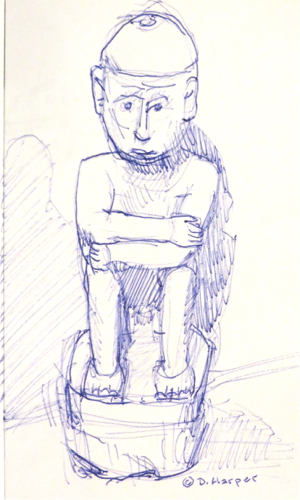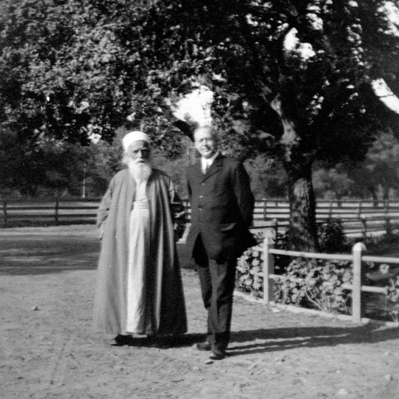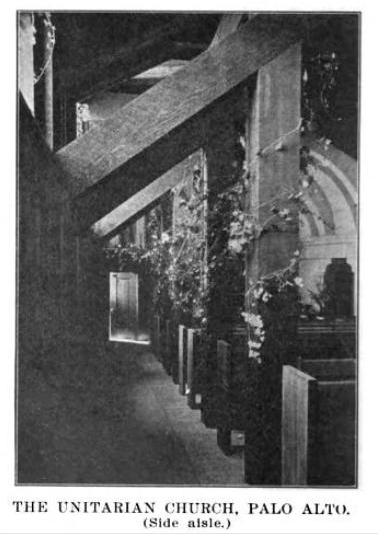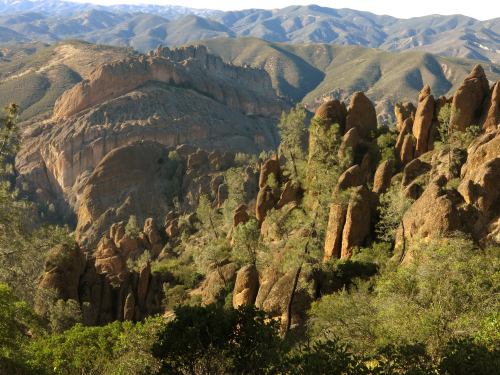A continuation of a documentary history of the Unitarian Church of Palo Alto.
The years of the First World War proved difficult for the Palo Alto Unitarians. It was a congregation full of pacifists, but after the entry of the United States into the World War, the American Unitarian Association demanded that every congregation that received funding must support the war wholeheartedly. A financial report of the A.U.A. published in the June 6, 1918, issue of The Christian Register (p. 19) shows that the A.U.A. was paying their minister of the time, Bradley Gilman, $50 a month, or $600 a year.
The Palo Alto Unitarians had been accustomed to the pacifist views of former ministers Rev. Sydney Snow and Rev. William Short, but the war years forced them to accept the pro-war ministry of Bradley Gilman. The relationship with Gilman appears to have been strained; he left after only two years, and never served another congregation as minister; and the Palo Alto Unitarians tried to do without a minister for nearly two years.
New Unitarian Pastor (1915)
The church at Palo Alto has called to the vacant pulpit Rev. William Short, Jr., now in Boston, and highly recommended by those who know him, and also know the requirements of the church calling him. Mr. Short has accepted the call and will enter upon his ministry on the third Sunday of November.
— The Pacific Unitarian, vol. 15, no. 1, November, 1915 (San Francisco: Pacific Unitarian Conference), p. 7.
New Unitarian Pastor.— A reception in honor of the new Unitarian church pastor, Mr. William Short, Jr., who has recently arrived from the east, was held in the Unitarian church hall last evening.
— from “Palo Alto Notes” in The Daily Palo Alto [Stanford], vol. 47, no. 58, November 18, 1915, p. 3.
———
A “Centre of Liberalism” on the Peninsula (1917)
Palo Alto, Cal.— Unitarian Church. Rev. William Short, Jr.: The Palo Alto church has had a very interesting two years with Rev. William Short, Jr., as minister. Although new to the service, Mr. Short has brought to it an earnestness and vigor, and a great broad humanity, which have meant to the church increased growth in those principles upon which it is founded. In this tremendous national crisis, when the democracy of the country is on trial, the Palo Alto church has been one of the very few where the privilege of complete freedom of speech in the pulpit has not been restrained. The membership of the church is small, about forty in number, and the lack of moral support due to isolation from other centres of liberal thought is very keenly felt. The nearest sister church is in San Jose, eighteen miles distant, and the next nearest in San Francisco, over thirty miles in the other direction, the dominating note in the theology of the region being definitely conservative.
The congregation is of a vigorous and thoughtful kind, avoiding a deadly conformity of opinion. It has maintained its stand for the universal character of religion. The pamphlet-rack in the vestibule must be constantly refilled. In conformity with its Unitarian heritage, the church hall has given hospitality during the past winter to Mr. John Spurgo, the noted Socialist speaker; to the American Union Against Militarism, which is earnestly fighting the cause of democracy; and to Mme. Aino Malmberg, a refugee from the persecutions of Old Russia and an ardent advocate of the cause of oppressed nations. Two physical training clubs for women and girls have had their home in the hall, as well as a dub to encourage the finer type of social dancing. The church passed a resolution of approval of the visit of Mr. Short to Sacramento in March in the interests of the Physical Training bills. The Women’s Alliance at its annual meeting was fortunate in having as guests Dr. Franklin C. Southworth and Mrs. Southworth and Secretary Charles A. Murdock. It has been the privilege of the church to welcome to the pulpit Rev. Charles F. Dole of Jamaica Plain, Mass. His sermon was “The Religion Beneath All Religions.” The church, probably in common with most others, has suffered somewhat from the mental and financial depression due to war conditions, though the members realize the importance of maintaining its integrity as the only centre of liberalism in a wide extent of country.
— The Christian Register (Boston: American Unitarian Association), vol. 96, no. 29, July 19, 1917, p. 694.
———
Denial of Writ of Habeus Corpus for William Short (1918)
[The following is excerpted from the hearing for a writ of habeus corpus filed by Rev. William Short’s wife, following his arrest and detention on charges of draft evasion. The Peoples’ Council mentioned in the writ was a national pacifist organization headed by Scott Nearing.]
Ex parte SHORT.
(District Court, N. D. California, First Division. September 5, 1918.)
No. 16417.
In the matter of the application of the wife of William Short for a writ of habeas corpus to secure his discharge from the custody of military authorities. Writ denied, and Short remanded to the custody of military authorities. …
DOOLING, District Judge. The wife of William Short seeks his discharge on habeas corpus from the custody of the military authorities. The record shows that Short, who will be designated herein as the registrant, on January 14, 1918, returned to his local exemption board his questionnaire, in and by which he claimed exemption as “a regular or ordained minister of religion.” In support of such claim he stated:
That “he had been admitted to Unitarian ministerial fellowship In January, 1916, at Palo Alto, Cal., and that on June 5, 1917, he was minister of Palo Alto Unitarian Church.”
To the question, “State place and nature of your religious labors now,” he returned no answer; but in response to the question, “Give all occupations at which you have worked during the last 10 years, including your occupation on May 18, 1917, and since that date, and the length of time you have served in each occupation,” he answered:
“Unitarian minister 1 year and 10 months. From May 15 to June 25, Unitarian minister, time included above. Chairman Northern California branch Peoples’ Council (temporarily) 5 months. Student for balance of time during 10 years.”
Upon these answers he was placed in class VB; that is to say, in the class of a regular or duly ordained minister of religion.
On June 6, 1918, a letter was sent to the local exemption board by the United States attorney, stating that registrant — “registered for the draft at Palo Alto on June 5, 1917. At that time he was acting as a minister in the Unitarian Church of that town, but shortly thereafter resigned from the church and has not been connected in any way with any church since, but has, on the contrary, devoted his time to the activities of the Peoples’ Council, which organization is decidedly unpatriotic in my opinion. I believe that Short should be reclassified and compelled to do military service, other things being equal.” …
From this reclassification he appealed to the district board, which on June 15th denied the appeal.
Thereafter, and on July 19, 1918, he was arrested and on July 20, was by the local board for division No. 1 in San Francisco, certified as a deserter, and delivered to the commanding officer of the United States army, and now is in the custody and under the control of such officer. …
Registrant has suffered no injury at the hands of the local board, and the writ of habeas corpus is therefore discharged, and he is remanded to the custody of the military authorities.
— The Federal Reporter: Cases Argued and Determined in the Circuit Courts of Appeals and District Courts of the United States (St. Paul: West Publishing Co.), Dec. 1918-Jan. 1919, vol. 253, p. 839.
Continue reading “War and influenza, 1915-1919”




